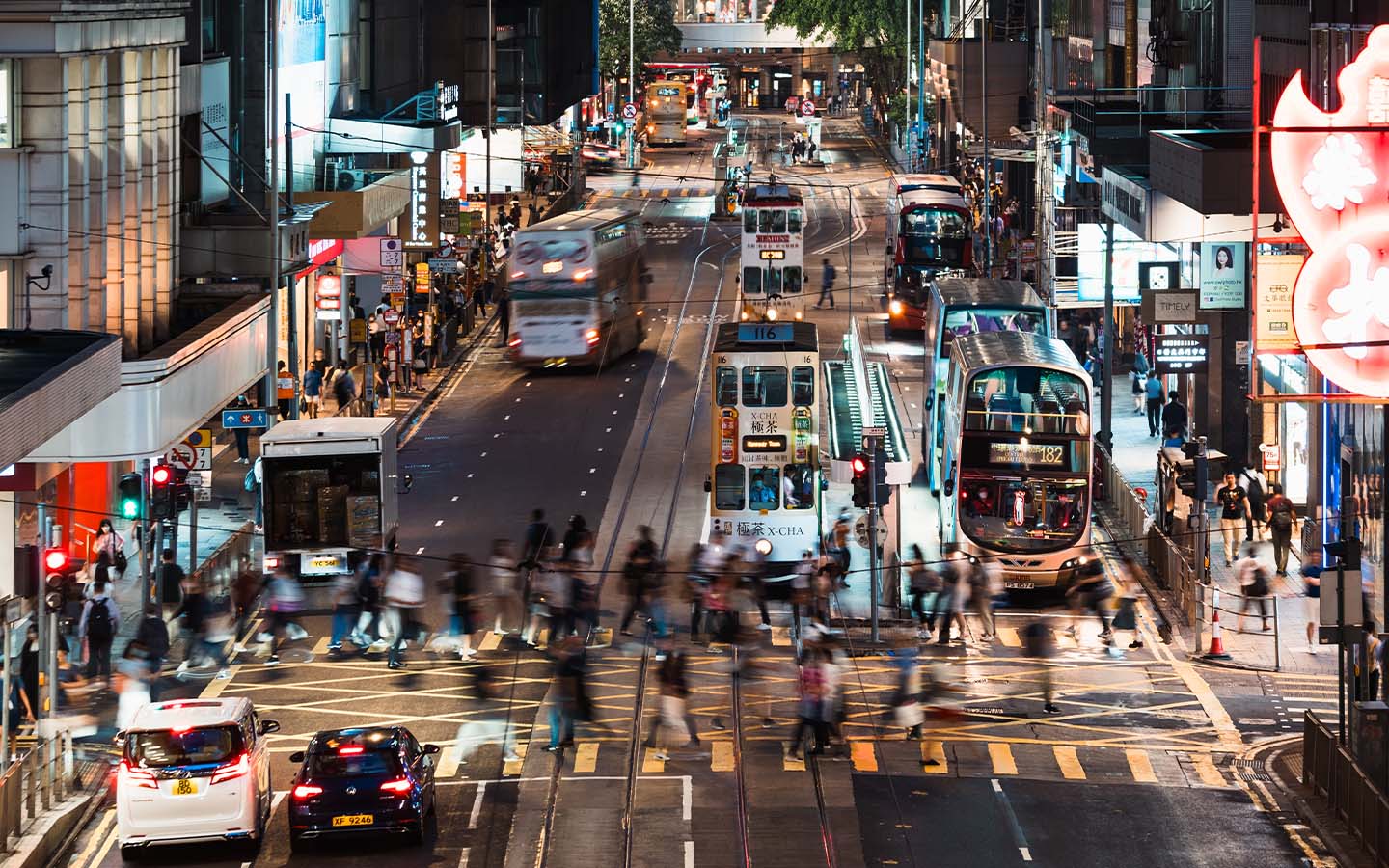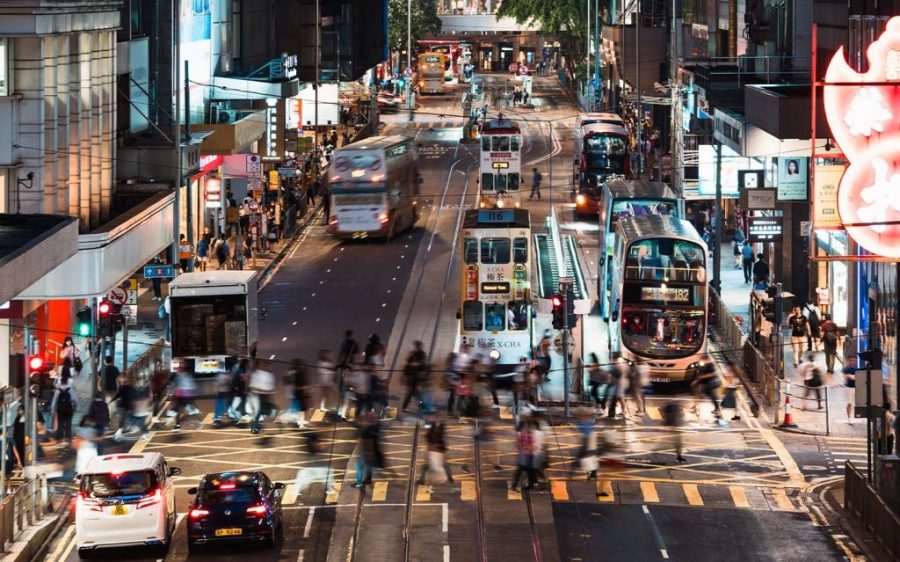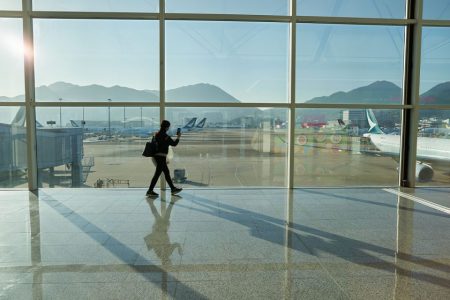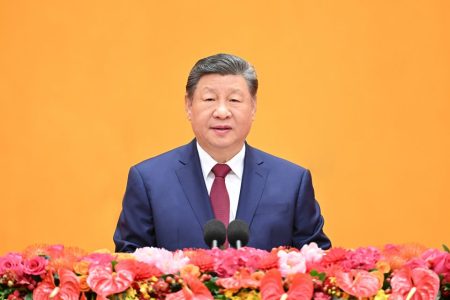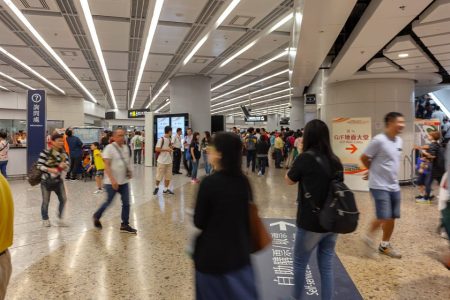Hong Kong’s Security Bureau will host the first-ever Guangdong-Hong Kong-Macao Greater Bay Area (GBA) Anti-drug Summit this coming Friday, in collaboration with the city’s Action Committee Against Narcotics (ACAN). About 300 drug control experts are expected to attend, local public broadcaster RTHK reports
Commissioner for Narcotics Kesson Lee said the summit would provide a platform for officers to exchange strategies on education, intelligence sharing and enforcement, helping the SAR combat drug trafficking and substance abuse among young people.
“We have invited approximately 40 institutions, including government agencies and non-governmental organisations from the [GBA], as well as the Narcotics Control Bureau under the Ministry of Public Security,” he told RTHK. Lee added that representatives from Singapore had also been invited to share their experience in intelligence exchange and strict anti-narcotics enforcement.
[See more: The government is working to ban the drug ‘space oil’ in Macao this year]
Lee highlighted the importance of learning from mainland China’s drug-prevention campaigns, which have involved national athletes in publicity efforts. He suggested Hong Kong could adopt similar measures ahead of the National Games, which will be jointly hosted by Macao, Hong Kong and Guangdong Province in November and December.
The comments come as Hong Kong’s Narcotics Bureau reported 418 arrests in 303 drug-related cases during the summer holiday, including minors as young as 13. Authorities have noted a rise in seizures of etomidate, a medical substance popularly known as “space oil” that is increasingly abused recreationally.
Lee said cross-sector collaboration with medical authorities, such as the Hospital Authority, was key to regulating drugs that have legitimate medical uses.
